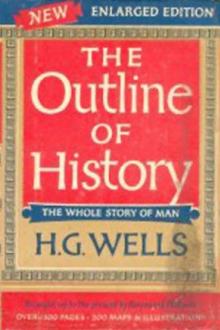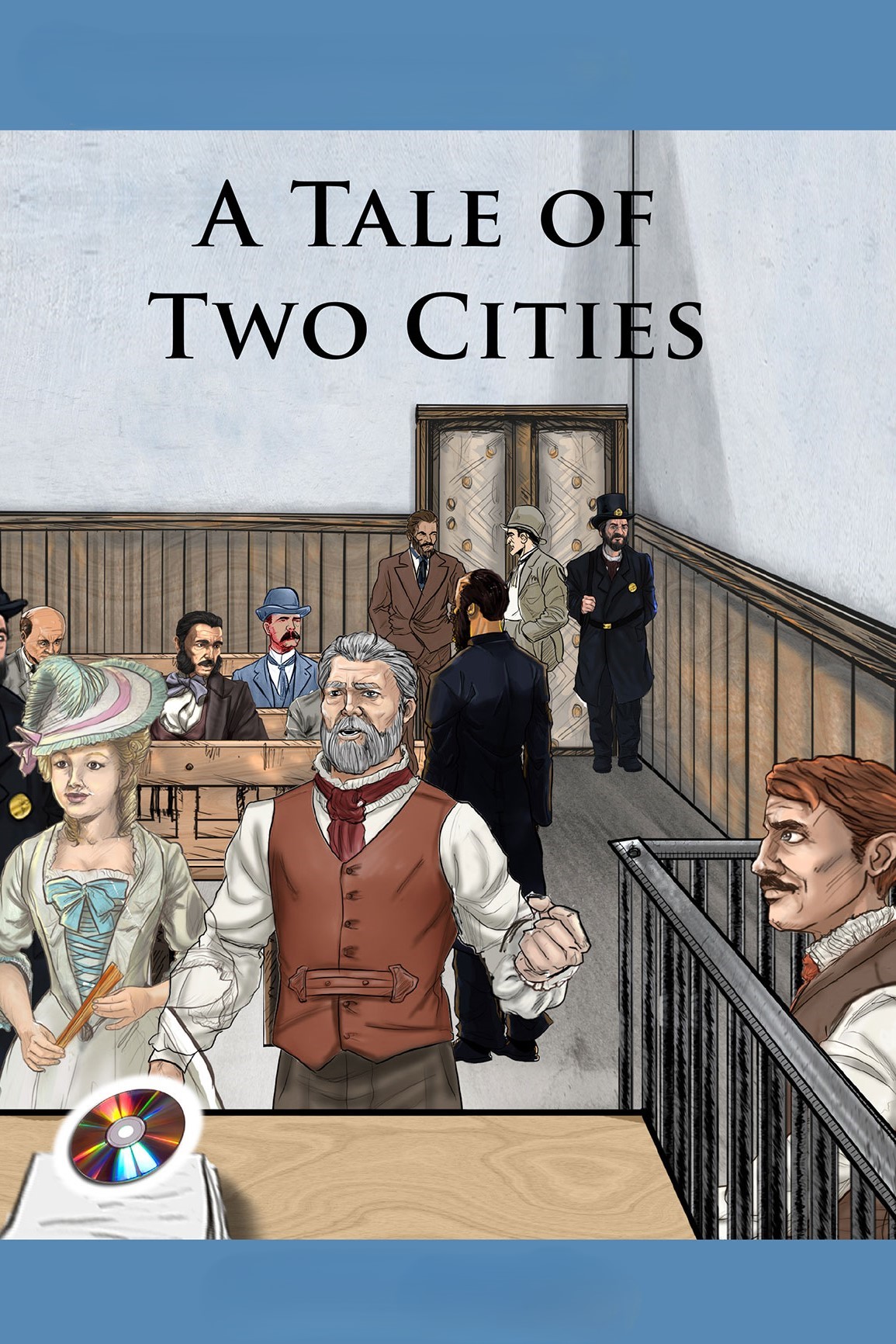Description
“The Origin of the Family, Private Property, and the State” by Friedrich Engels is a seminal work of Marxist theory that delves into the historical development of human society and its economic, social, and political structures. Published in 1884, Engels examines the evolution of family, property, and governance systems from primitive communal societies to the rise of class-based societies.
Engels begins by exploring the early stages of human society, arguing that primitive societies were characterized by communal ownership of property and a relatively egalitarian social structure. As societies developed and surplus production became possible, Engels contends that private property emerged, leading to the division of society into social classes and the establishment of patriarchal family structures.
Through meticulous historical analysis and anthropological evidence, Engels traces the transition from matriarchal and matrilineal kinship systems to patriarchal family structures, which he argues were driven by the need to secure inheritance and control over property. This transition, according to Engels, laid the groundwork for the emergence of monogamous marriage and the subjugation of women within the family unit.
Engels further examines the role of the state as a tool of the ruling class to maintain control over the means of production and enforce social order. He contends that the state, with its apparatus of coercion and repression, serves the interests of the ruling elite and perpetuates the exploitation of the working class.
“The Origin of the Family, Private Property, and the State” is a foundational text in Marxist theory, providing insights into the historical forces that shape social relations and class struggle. Engels’ analysis of the origins of family, property, and state power continues to influence debates on gender, inequality, and the nature of capitalist society.





Kasimu –
Friedrich Engels’ ‘The Origin of the Family, Private Property, and the State’ is a groundbreaking study that revolutionized the way we understand the evolution of human societies. Engels’ application of historical materialism to the analysis of family structures and social organization remains a cornerstone of Marxist thought. While some of his specific conclusions may be debated, the work’s overarching framework has stood the test of time and remains highly relevant in contemporary discussions of inequality, capitalism, and social change.
Abdulmalik –
Engels’ work remains essential reading for anyone interested in the development of human societies. His analysis of the historical origins of family structures, private property, and the state laid the groundwork for much of modern sociology and political theory. Despite being written over a century ago, its insights into the dynamics of class struggle and the relationship between economic and social systems continue to influence contemporary discourse.